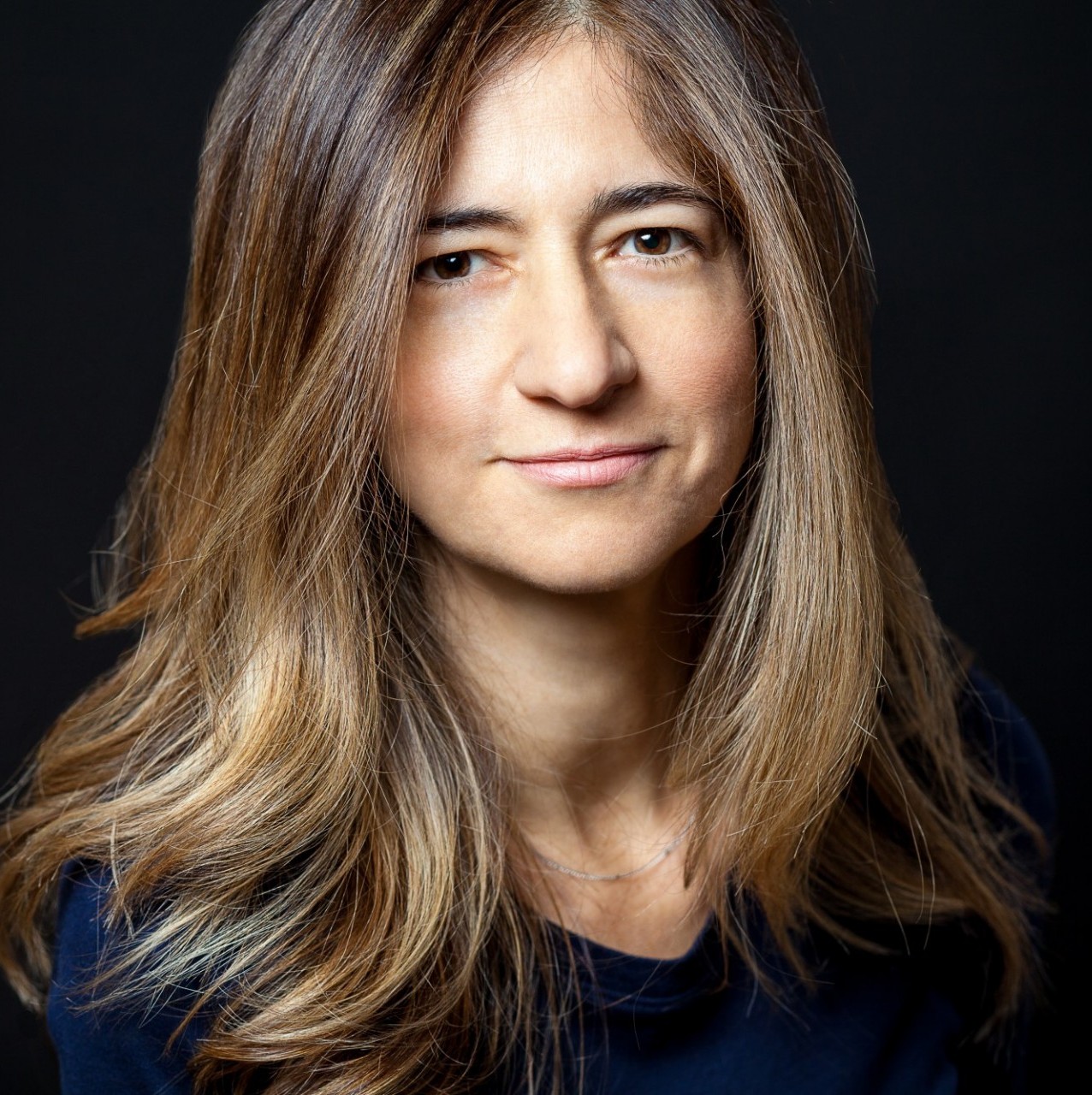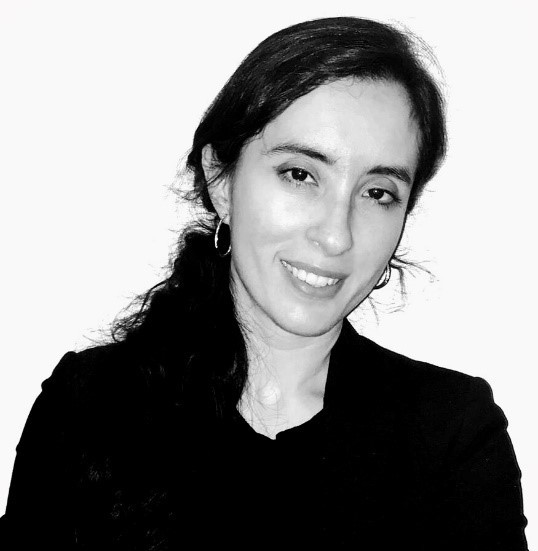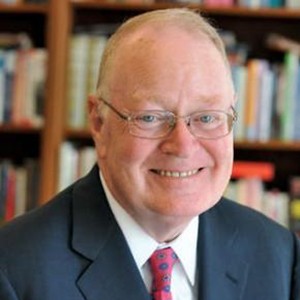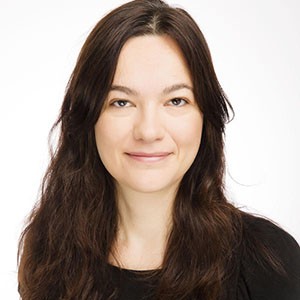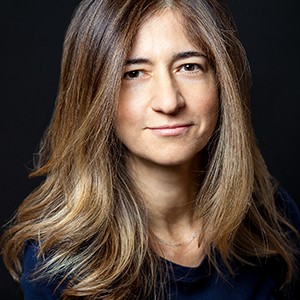Greater Caribbean Studies Program
The Greater Caribbean has an outsized impact on the world, including global economies, political thought, social movements, and cultural production. Currently, it is a region offering innovative thought and action on some of the most critical global challenges, such as climate change, reparations, and sovereign debt.
The Greater Caribbean Studies Program at Columbia University was founded in 2013. Unlike most other programs of Caribbean Studies in the United States, which limit their scope to the Antilles, our Program encompasses the entire Caribbean basin, the Atlantic coast of Venezuela, Colombia, Panama, much of Central America, parts of Mexico, and US cities like New Orleans. The Program delves into what the region has in common –geography, climate, ecology, historical trajectory, and cultural traditions – and also its great linguistic, racial, social, political, and economic diversity in a comparative manner that connects the study of Latin America to that of the non-Spanish-speaking West Indies, redrawing and disrupting the traditional limits of area studies.
The program is not just an academic endeavor; it's a bridge connecting scholars with a broad spectrum of communities and institutions. Historically, scholars specializing in Caribbean studies have often worked in isolation, focusing on specific sub-regions. The program aims to create a dynamic space where scholars, artists, and leaders can engage in cross-disciplinary discussions, fostering a comparative approach and holistic view of the Greater Caribbean.
The Program’s location in New York offers significant advantages for students, researchers, and visitors. The city has been closely linked to the Caribbean from the seventeenth century to the present when nearly a quarter of its inhabitants are of Caribbean descent. Moreover, according to the 2021 New York City Office of Immigrants report, five of the top countries of origin of the city's new immigrants were born in a Caribbean country: Dominican Republic, Jamaica, Guyana; Trinidad and Tobago, and Haiti. In 2022, close to 100,000 immigrants from Venezuela also arrived in the city. In addition, Puerto Ricans, who are colonial migrants, number 1.2 million or 9% of the city's population.
The heart of our program is innovation, community, and collaborative thinking. We invite all interested in Caribbean Studies to join us at Columbia University on this journey. As we explore the intricacies of the Greater Caribbean, we aspire to create impactful knowledge that resonates beyond academia, contributing to education, arts, public policy, and much more.
Our Programming
Enjoy your lunch while listening to leading scholars, journalists, artists, and public figures participate in a seminar-style discussion.
Our annual keynote forum provides an academic space for debate on Greater Caribbean art, politics, economy, and society.
The program hosts annual international conferences.
Affiliated Faculty
Student Research
The Greater Caribbean Program would like to feature some of the academic works undertaken by undergraduate students on topics related to Latin America, specifically in the Greater Caribbean region.
To learn more, click here.
Support the Program
The Great Caribbean Studies Program would like to thank its patrons Herman Sifontes and Ernesto Rangel for their generosity and support.

